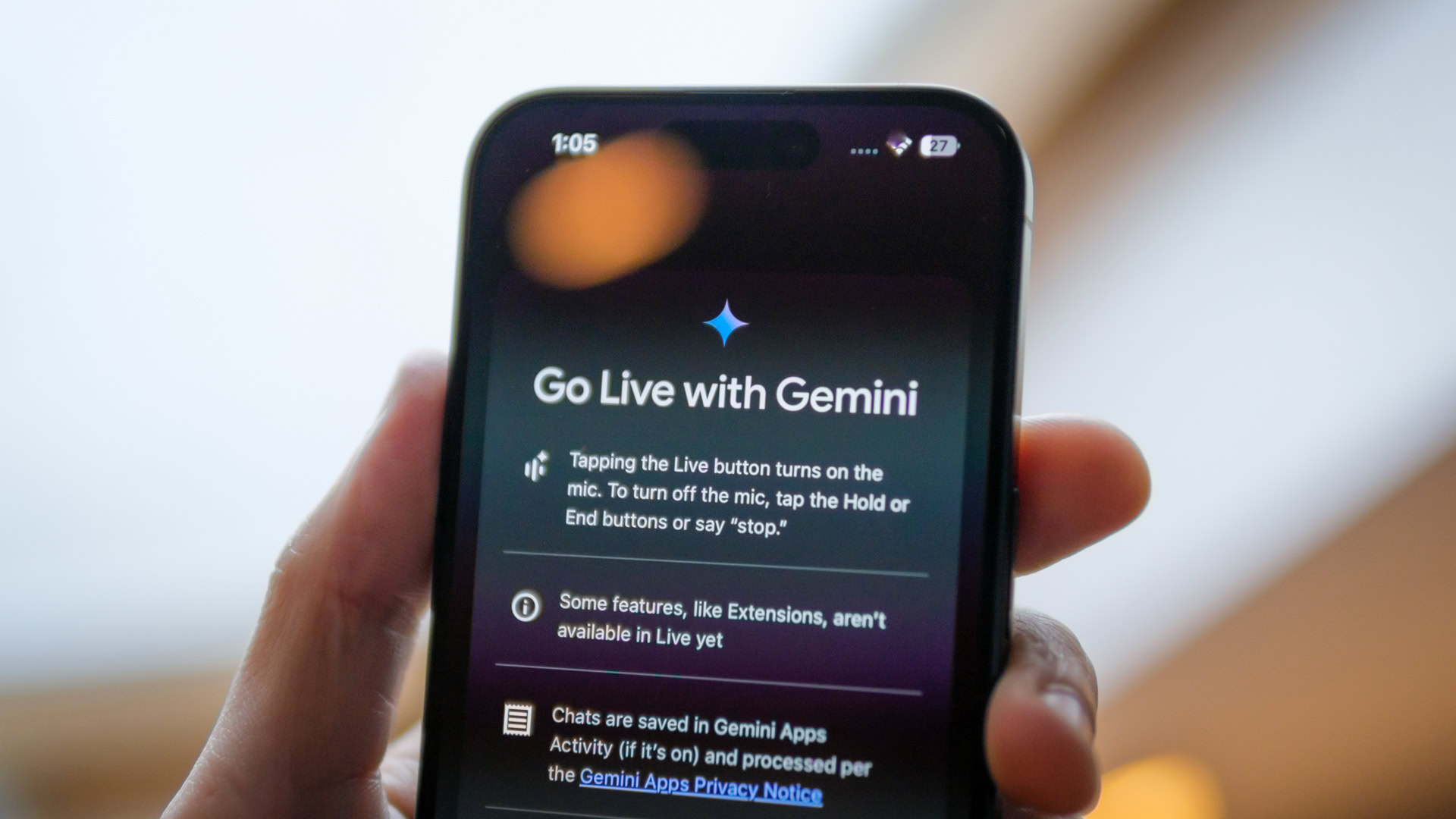The Science of Intermittent Fasting: Benefits and Meal Ideas
Intermittent fasting has gained popularity in recent years as a flexible and effective approach to weight management and overall health improvement.
Intermittent fasting has gained popularity in recent years as a flexible and effective approach to weight management and overall health improvement. From scientific studies to personal testimonies, many have discovered that intermittent fasting not only promotes weight loss but also offers several health benefits. For those looking for a healthier lifestyle, understanding the science of intermittent fasting can help in making informed decisions. Whether you’re planning a new eating regime or simply looking for a 7-day meal plan for a teenage girl, intermittent fasting can be an interesting consideration.
What is Intermittent Fasting?
Intermittent fasting is not a diet in the traditional sense but a structured eating pattern. It focuses on when you eat rather than what you eat. The primary concept is to cycle between periods of eating and fasting, typically on a daily or weekly schedule. The most popular approaches include:
- 16/8 Method: Fasting for 16 hours and eating during an 8-hour window each day.
- 5:2 Method: Eating normally for five days and significantly restricting calorie intake on two non-consecutive days.
- Eat-Stop-Eat: Fasting for a full 24 hours once or twice a week.
- Alternate-Day Fasting: Alternating between a day of eating normally and a day of consuming very few calories.
The Science of Intermittent Fasting
The effectiveness of intermittent fasting comes from how the body responds to periods without food. During fasting, insulin levels decrease, which helps to facilitate fat burning. Moreover, fasting also initiates autophagy, a cellular repair process where old and dysfunctional cells are removed. Here's how intermittent fasting benefits the body:
- Fat Loss and Metabolism: Fasting triggers the body to use stored fat as energy. Since insulin levels drop significantly during fasting, it allows for fat cells to release energy.
- Improved Blood Sugar Control: Intermittent fasting has been found to reduce insulin resistance, which can help stabilize blood sugar levels and may lower the risk of developing type 2 diabetes.
- Increased Human Growth Hormone (HGH) Levels: Fasting boosts HGH, which supports muscle growth, fat loss, and cellular repair.
- Brain Health: Studies suggest that intermittent fasting may enhance brain function by reducing inflammation, improving cognitive health, and potentially protecting against neurodegenerative diseases.
- Longevity and Cellular Repair: The process of autophagy aids in cellular repair and regeneration, potentially contributing to a longer lifespan.
Health Benefits of Intermittent Fasting
1. Weight Loss and Fat Reduction
Since fasting periods restrict calorie intake, intermittent fasting helps to promote weight loss by enhancing the body's ability to burn stored fat. Additionally, the method can be easier to maintain than traditional diets since it focuses on when to eat rather than what to eat, allowing more flexibility with food choices.
2. Better Mental Clarity and Focus
By giving the digestive system a break, the body uses its energy for other functions, including cognitive processes. Intermittent fasting has been linked to better mental focus and alertness due to stabilized blood sugar levels and increased ketone production.
3. Improved Heart Health
Intermittent fasting can reduce various heart disease risk factors, such as high blood pressure, cholesterol levels, and inflammatory markers. As a result, intermittent fasting has the potential to support cardiovascular health.
4. Enhanced Physical Performance
By promoting the burning of fat rather than carbohydrates, intermittent fasting can improve endurance and strength. Additionally, the increase in HGH production supports muscle growth and recovery, making intermittent fasting an excellent strategy for those focusing on physical performance and fitness.
Meal Ideas for Intermittent Fasting
Intermittent fasting does not prescribe specific foods, but it’s crucial to maintain a balanced and nutritious diet during the eating windows. Here are meal ideas that are easy to prepare, nutritious, and delicious:
Breakfast or First Meal After Fasting (For 16/8 Method)
- Omelet with Veggies: Prepare an omelet with spinach, bell peppers, mushrooms, and a sprinkle of cheese.
- Greek Yogurt Bowl: Greek yogurt topped with berries, nuts, and a drizzle of honey for a refreshing, protein-packed meal.
- Avocado Toast: Whole grain toast with smashed avocado, cherry tomatoes, and an egg on top.
Lunch Options
- Grilled Chicken Salad: A bowl of greens with grilled chicken breast, olive oil, lemon dressing, and toppings like avocado, nuts, and seeds.
- Quinoa Bowl: A nutrient-dense bowl made of quinoa, black beans, diced tomatoes, cucumber, and a lemon-tahini dressing.
- Stir-Fried Tofu and Vegetables: Lightly stir-fried tofu with mixed vegetables (like broccoli, bell peppers, and zucchini) in soy sauce or teriyaki.
Dinner Ideas
- Salmon with Sweet Potatoes: Baked salmon fillet paired with roasted sweet potatoes and a side of sautéed green beans.
- Chicken and Veggie Skewers: Skewered chicken and colorful vegetables grilled and served with a side of brown rice or quinoa.
- Lentil Stew: A hearty stew made with lentils, tomatoes, carrots, celery, and a blend of spices for a warming and filling dinner.
Snacks for Eating Windows
- Hummus and Veggie Sticks: A mix of carrots, celery, and bell pepper sticks dipped in hummus.
- Fruit and Nut Mix: A handful of mixed nuts and dried fruits like almonds, walnuts, raisins, and dried apricots.
- Apple Slices with Nut Butter: Sliced apples served with almond or peanut butter for a sweet and satisfying snack.
Intermittent Fasting Tips
- Stay Hydrated: Drink plenty of water throughout the day, whether fasting or not. Herbal teas, black coffee, and other non-caloric beverages can help curb hunger during fasting hours.
- Eat Nutrient-Dense Foods: Focus on whole, minimally processed foods to nourish your body and maintain energy levels during fasting.
- Avoid Overeating: While it may be tempting to eat a large meal after fasting, try to maintain balanced portions to support your overall goals.
- Listen to Your Body: If you feel dizzy, light-headed, or excessively fatigued, it may be a sign to adjust your fasting schedule or consult a healthcare professional.
Conclusion
The science of intermittent fasting demonstrates its effectiveness not just for weight loss, but for an array of health benefits, from improved metabolism to enhanced brain function. With flexibility in meal timing and freedom of food choices, intermittent fasting can be tailored to fit individual lifestyles. However, it’s important to approach it mindfully, ensuring that the body receives all the necessary nutrients during eating periods. Remember, it's not just about when you eat but also what you eat that ultimately impacts your health and well-being.
What's Your Reaction?
 Like
0
Like
0
 Dislike
0
Dislike
0
 Love
0
Love
0
 Funny
0
Funny
0
 Angry
0
Angry
0
 Sad
0
Sad
0
 Wow
0
Wow
0


















































